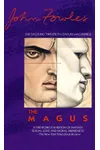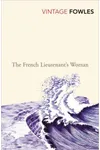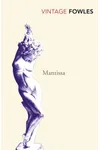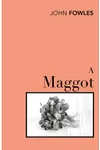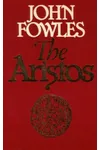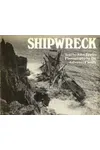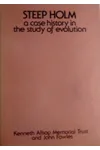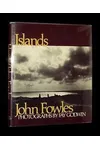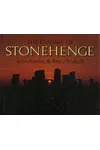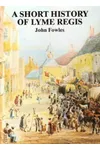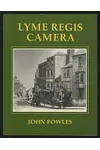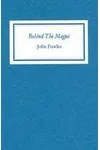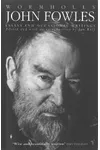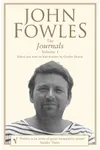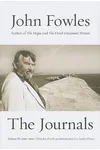Picture a British storyteller who wove psychological depth and narrative wizardry into 20th-century literature—meet John Fowles! Born in 1926, Fowles crafted novels like The Magus and The French Lieutenant’s Woman, blending mystery, romance, and existential musings. His time on a remote Greek island sparked stories that still captivate readers today.
With a style that danced between reality and illusion, Fowles wasn’t just a novelist—he was a literary magician. His works challenged conventions, inviting readers to question fate, freedom, and the stories we tell ourselves. Ready to dive into his world? Let’s explore the life and legacy of this literary giant.
The Making of John Fowles
John Fowles was born on March 31, 1926, in Leigh-on-Sea, Essex, England. Raised in a comfortable middle-class family, he developed a love for nature and literature early on. After serving in the Royal Marines during World War II, Fowles studied French at Oxford University, where he discovered existentialist thinkers like Sartre, shaping his philosophical approach to storytelling. His early career as a teacher took him to the Greek island of Spetses in the 1950s, a transformative experience that fueled his creative spark.
Teaching by day, Fowles wrote by night, crafting stories inspired by the island’s rugged beauty and isolation. This period laid the groundwork for his debut novel, The Collector, a chilling tale of obsession that marked his entry into the literary world in 1963. From there, Fowles never looked back, blending his scholarly mind with a storyteller’s heart.
John Fowles’s Unforgettable Stories
Fowles’s novels are literary labyrinths, each one a unique exploration of human psyche and choice. The Collector (1963), his debut, follows a lonely clerk who kidnaps a woman, weaving a psychological thriller that’s as unsettling as it is compelling. It set the stage for his genre-defying career.
The Magus (1965), inspired by his time on Spetses, is a mesmerizing tale of a young man entangled in a mysterious psychological game on a Greek island. Its blend of myth, philosophy, and suspense made it a cult classic. The French Lieutenant’s Woman (1969), perhaps his most famous work, is a Victorian romance with a postmodern twist, offering multiple endings to challenge readers’ expectations. Finally, Daniel Martin (1977) delves into personal identity, reflecting Fowles’s introspective style.
Known for his rich, layered prose, Fowles wove existential themes, psychological depth, and narrative innovation into his work. His ability to blur the line between author, character, and reader made his novels feel alive, inviting audiences to co-create the story.
Why John Fowles Matters
John Fowles redefined modern literature by blending highbrow philosophy with gripping storytelling. His novels influenced writers like Ian McEwan and Julian Barnes, who admired his fearless experimentation. Beyond literary circles, Fowles’s exploration of freedom and identity resonates with readers navigating life’s big questions. His work endures in adaptations, like the 1981 film The French Lieutenant’s Woman, and in classrooms where his novels spark debate.
Fowles, who passed away in 2005, left a legacy as a writer who dared to challenge conventions. His stories remain timeless, inviting new generations to wrestle with life’s mysteries through the lens of his unforgettable characters.
About John Fowles
- Born: March 31, 1926, Leigh-on-Sea, Essex, England
- Key Works: The Collector, The Magus, The French Lieutenant’s Woman, Daniel Martin
- Died: November 5, 2005, Lyme Regis, Dorset, England
- Notable Achievement: The French Lieutenant’s Woman was shortlisted for the Booker Prize
Snag The French Lieutenant’s Woman or The Magus and dive into John Fowles’s spellbinding world of psychological intrigue and literary magic!

